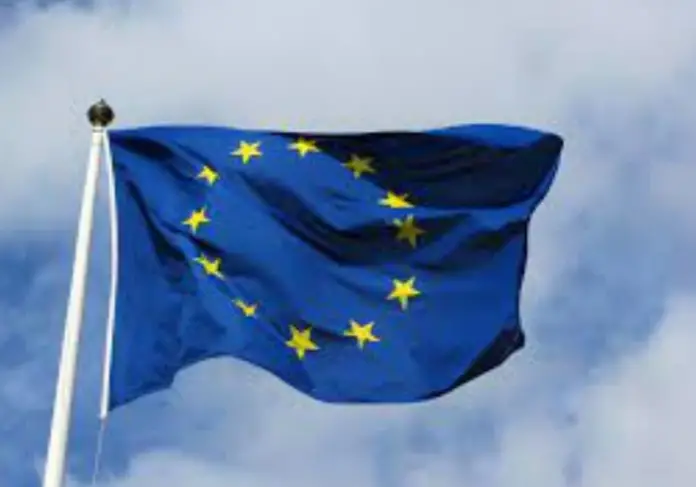Although they won’t be formally recognizing the Afghan Taliban, the European Union (EU) said on Friday that it would be re-establishing presence in Afghanistan for humanitarian reason.
In this regard, Reuters reported that European Commission Foreign Affairs Spokesman Peter Stano said that the EU would “re-establish a minimal presence of international EU delegation staff” to monitor aid deliverance and manage humanitarian concerns.
The move follows several months after the Afghan Taliban took control of Afghanistan in August last year and several governments, including the EU itself withdrew their personnel from the country.
Meanwhile, a spokesman from the Afghan Taliban’s foreign ministry tweeted that the group’s officials had come to an accord with the EU, which would open “its embassy with a permanent presence in Kabul”.
The EU has however stressed that the “minimal presence” was not to be taken as an indication that the union was recognizing the Taliban government.
The same day as EU’s announcement, the Norwegien foreign ministry said that it had invited Taliban representatives to Oslo this coming Monday to engage with the global community and members of the Afghan civil society.
Norway and EU aren’t the only western entities to wonder how to correspond with the new Afghan leadership without official recognition but while still tending to the developing humanitarian crisis in Afghanistan.
With sanctions imposed on the Afghan Taliban officials, including in the banking sector, deliverance of aid has been a contentious issue. Countries have had to go through unofficial routes to deliver aid, as Afghanistan continues to face an embargo on international aid.
Adopting a similar out of box strategy and bypassing the Taliban, the EU had announced on Tuesday that it would work on development projects in Afghanistan valued at $304.06 million. The assistance would reach the people through United Nations (UN) organisations that have an emphasis on displaced persons, health and education.







